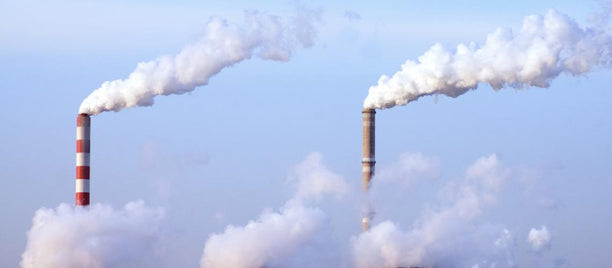
It is time to try out an “ecological Leninism” – Interview with Andreas Malm
Andreas Malm interviewed about Marxist approaches to the climate movement.

Andreas Malm interviewed about Marxist approaches to the climate movement.
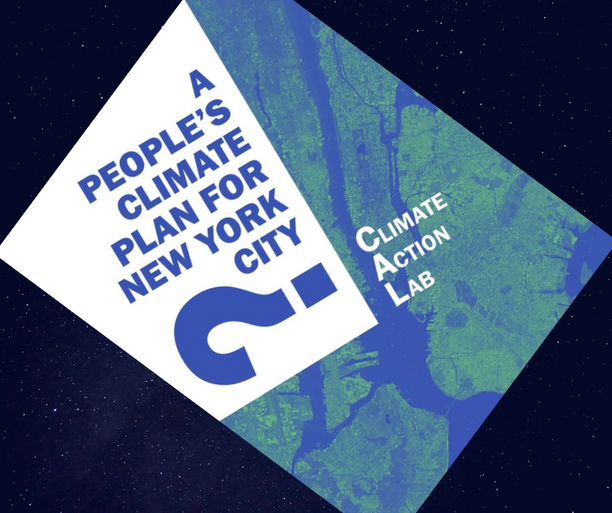
For an urban "Green New Deal" to be truly transformative, it must be driven by popular participation and the imperatives of climate justice, eco-socialism, and decolonization.
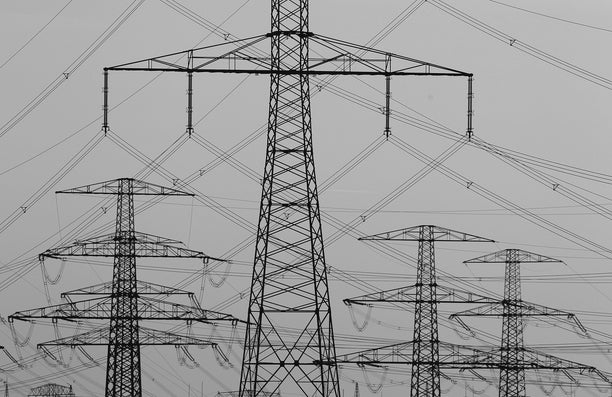
We need a comprehensive vision of ecological reconstruction — and that means having geoengineering as part of our vision.
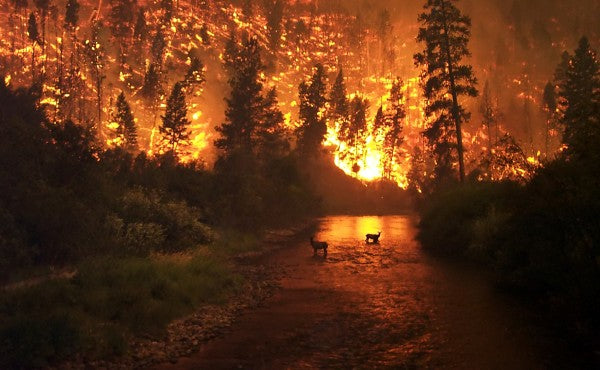
The scale of the impending climate crisis is now apparent to more or less everyone. Yet, whilst it's been the left that has taken the lead in reponding to climate change for several generations, it is increasingly the far-right who are developing political responses to catastrophe. This has been reflected in the growing eco-fascist movement, a movement who were parachuted to global prominence on the 15th March this year when one of their number murdered fifty people in two Christchurch mosques. In this article, Eleanor Penny analyses eco-fascism and asks what it will take the left to deal with the scale of the climate crisis.
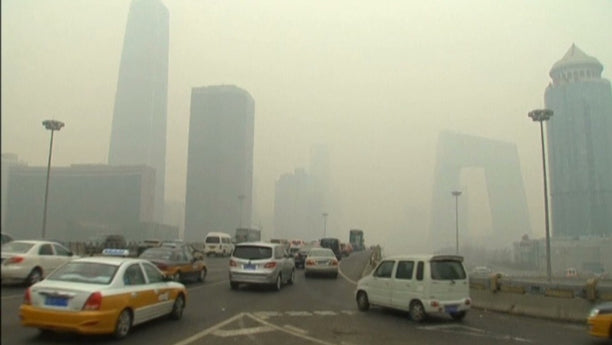
The German engineer invented the engine that would bear his name to contribute to the development of agriculture. The success of this technology has made it the fuel of economic globalization, with peak oil and tens of thousands of premature deaths.
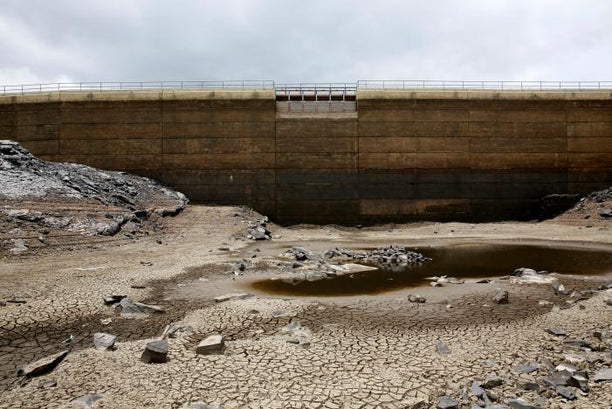
Contemporary capitalism is faced with an organic crisis in the fullest possible sense of the term, one that encompasses not just the political and economic contradictions Gramsci described but also the biological terrain upon which social life ultimately depends.
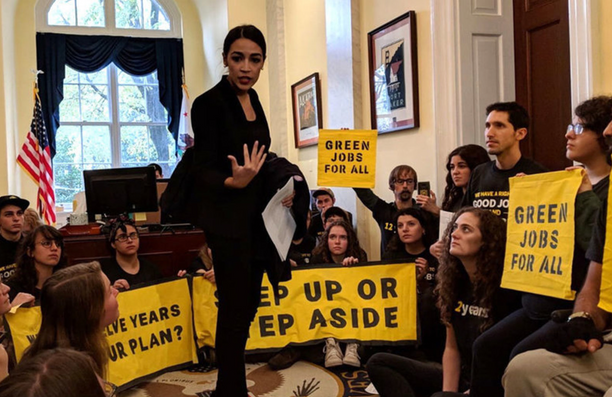
Demands centering on the need for a "Green New Deal", focused on the creation of a public works “green jobs” infrastructure policy, have helped energise the American left in recent weeks. In this article Matt Huber offers four vital lessons from the original New Deal that contemporary activists and policymakers must learn.

Geoengineering schemes — still largely hypothetical — not only fail to address the underlying causes of climate change; they carry their own profound political, economic, and ecological risks.

The sea has long been a defining feature, indeed an inevitability in Cuban art, literature, and life. Now it turns ominous.
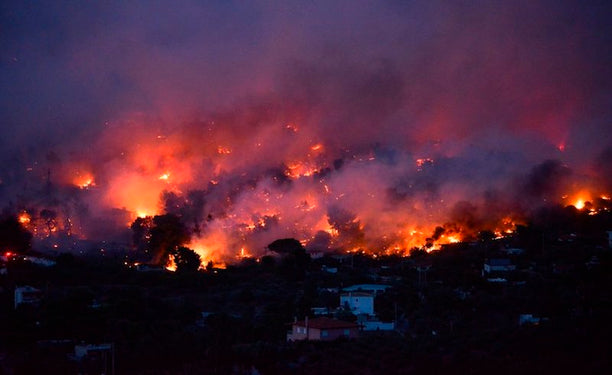
The tragic fires in Greece are the result of anarchic real estate speculation, climate change, and austerity.
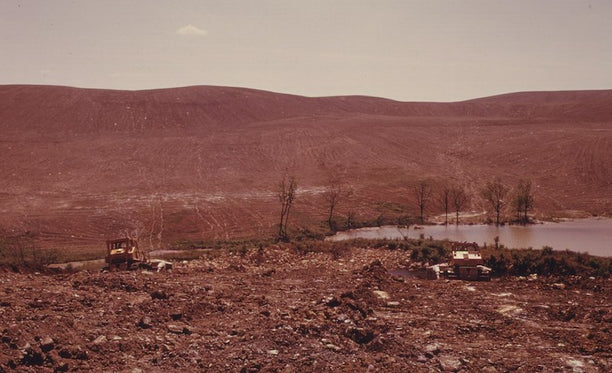
One Marxist line of inquiry into environmental problems has outshone all others in creativity and productivity: the theory of the metabolic rift.
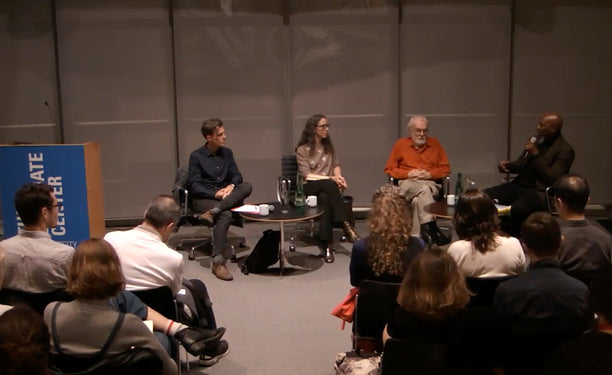
Ashley Dawson, David Harvey, Mychal Johnson, and Catherine Seavitt discuss the future of cities in the face of climate chaos.